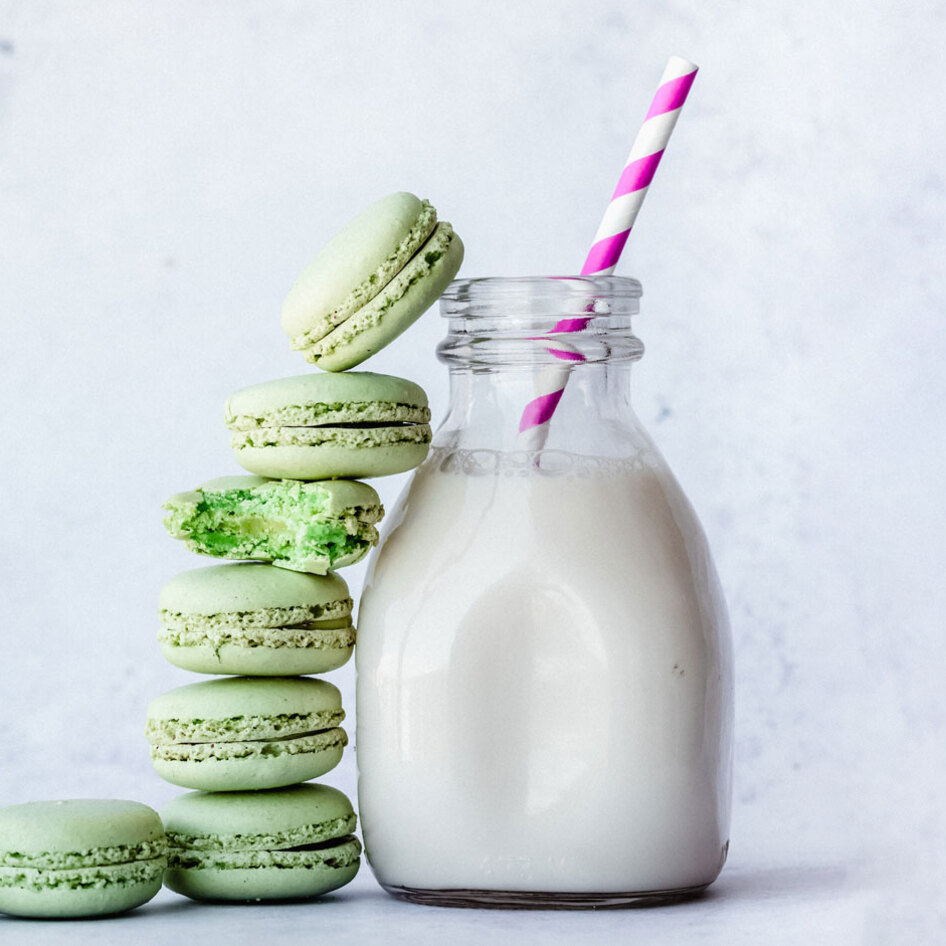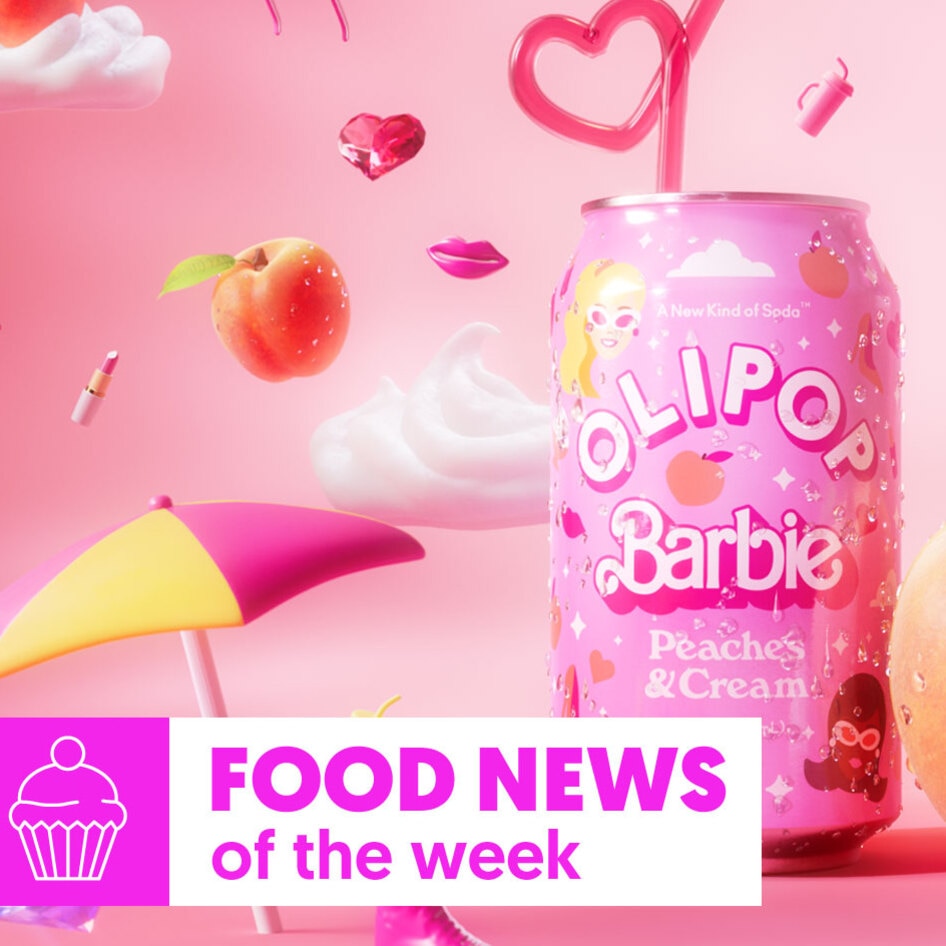Vegan or not, we can all generally agree that kids (or adults, really) shouldn’t be drinking soda or sugary drinks for the sake of their health. Even sweetened or flavored plant milk might be considered a treat rather than an everyday staple. However, new beverage recommendations for children under the age of five have sparked major controversy, placing plant milk in the same category as soda: avoid entirely. And yet, cows’ milk and small amounts of fruit juice are allowed, even encouraged. Headlines are picking up on this, so it’s time to put a full stop to this misinformation. Let’s break this down.
The mass media buzz
The latest recommendations from Eating Healthy Research, a national program funded by the Robert Wood Johnson Foundation and supported by the American Heart Association and American Academy of Pediatrics (among others), have caused a major media buzz. The big takeaway is that children under five-years-old should not consume sugary drinks (including fruit juice)—limiting their beverage choices to water and cows’ milk. While the recommendations are well-intended—of course young kids shouldn’t be drinking soda or processed juice products!—the media has decided to focus on the cows’ milk issue. For example, the New York Times slated its coverage as, “What Should Young Kids Drink? Mostly Milk and Water, Scientists Say.” Many of these articles also latch on to the section of recommendations that advise against plant-derived milk as well. It’s time to put things back in context.
What the recommendations actually say
The goal of these recommendations is to start kids on a healthy path from day one. Researchers have found that children who consume sugary beverages—such as juice and soda—at an early age are at a higher risk of obesity and impaired health. Fair point. According to this program, children from zero to one years old should exclusively drink (human) breast milk, and those above one year can begin to integrate water and plain cows’ milk into their diets. This means no juice boxes, soda, flavored cows’ milk, or plant milk. The recommendations do offer a caveat in regards to 100 percent juice—up to ½ cup per day is allowed as an “upper limit” for children one to three years old and ¾ cup per day is allowed for children three- to five-years-old. And yet, there seems to be no tolerance for plant-based milks because, “With the exception of fortified soy milk, they are not adequate nutritional substitutes for dairy milk.” But wait, fruit juice is?
Attacking plant milk
The Healthy Drinks, Healthy Kids website provides an entire one-pager on why plant milks are not recommended, but it all boils down to the fact that not every plant milk replicates the nutrient content of milk. Well, even almond milk contains more protein than fruit juice, and when made at home or purchased with minimal ingredients, it contains far less sugar and calories than fruit juice (pure apple juice contains 24 grams of sugar and 113 calories; Silk Unsweetened Almond Milk contains 0 grams of sugar and 30 calories). And yes, not all plant milks offer a one-to-one nutritional swap for cows’ milk, but that’s what food is for. The point of these recommendations is to get kids off the sugary beverages—it’s not to convert them to a liquid milk diet. Sure, go ahead and advise against flavored or sweetened plant milks, but let’s not demonize the entire category.
Detriments of dairy
Both the program and the media may not be aware of the potential harm they could be causing by promoting cows’ milk to children (or anyone, for that matter). First off, 65 percent of the global population is lactose intolerant, so forcing young children to drink a substance their bodies cannot tolerate is setting them up for a lifetime of uncomfortable—and often painful—digestive distress. In fact, blindly promoting cows’ milk is a form of dietary racism, as percentages of lactose intolerance are higher in communities of color and Ashkenazi Jews. Further, drinking cows’ milk can lead to a host of health problems later in life (one study found that boys who drank cows’ milk on the daily increased their risk of developing advanced prostate cancer by threefold). Dairy consumption has also been linked to the exacerbation of asthma symptoms, eczema and acne, and even diabetes. Despite what the ads and skewed dairy-funded research tells us, dairy is not a health food, and no one—regardless of age—should consume it.
Standing strong
We are at a critical tipping point in which the plant-based movement is catching on, but the dairy industry is putting up its final fight. Despite the education and popularity of plant milk, there will no doubt be further claims from seemingly reputable resources that advise against it in order to save the dying dairy industry. In this time, it is of the utmost importance to set the facts straight. Using science and common sense, we can educate others and save them from leaning into this media-and-industry-driven misformation.
Dotsie Bausch is a silver medal-winning Olympic athlete and Executive Director of Switch4Good, an athlete-driven nonprofit working toward a dairy-free future.
JUMP TO ... Latest News | Recipes | Guides | Health | Shop








